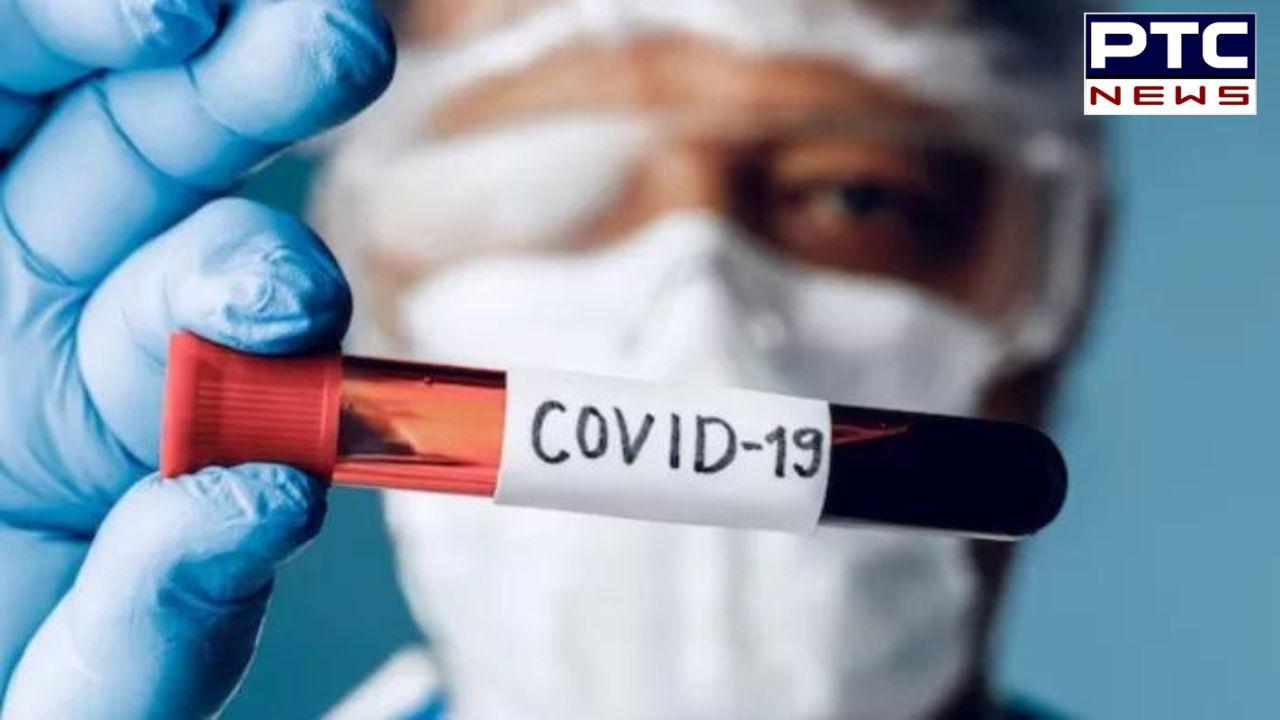

Covid 19 JN.1 subvariants trigger fresh surge: India has 257 active cases; know symptoms and precautions
PTC Web Desk: A fresh wave of Covid-19 is emerging across parts of Asia, with significant spikes in cities such as Singapore, Hong Kong, and Bangkok. India, too, is witnessing a slow but steady resurgence, driven largely by the emergence of new Omicron subvariants — LF.7 and NB.1.8 — both related to the JN.1 lineage.
According to the Ministry of Health and Family Welfare, India currently has 257 active Covid-19 cases as of May 19. States reporting the highest case counts include Kerala (69 cases), Maharashtra (44 cases), and Tamil Nadu (34 cases) since May 12. Despite the rise, medical experts say there is no need for panic — but urge continued caution and public responsibility.
JN.1 Subvariant and Its Spread
Experts say the surge in southeast Asia appears to stem from waning immunity, low vaccination compliance, and the evolving nature of the virus. The current spike is linked to Omicron subvariants LF.7 and NB.1.8, both descendants of the JN.1 strain, which was responsible for the 2024 global wave. Although not designated as “variants of concern” by the WHO, these subvariants are demonstrating faster transmission than previous strains, prompting stricter surveillance and tracking measures globally. While JN.1 spreads more efficiently, it does not appear to cause more severe illness.
Symptoms of New Covid-19 Variant (LF.7/NB.1.8)
Experts have highlighted that the new wave of infections is associated with a somewhat different symptom profile, including: Persistent cough, sore throat, nausea and vomiting, conjunctivitis (eye redness or discomfort), confusion in a few cases, mild fever, fatigue and body ache, loss of appetite or upset stomach
“Most patients are recovering at home,” said medical experts, adding that hospitals have not seen any notable surge in ICU admissions or oxygen demand.
Covid-19 in India: Situation Remains 'Under Control'
While the increase in numbers is being closely monitored, both doctors stress that the overall situation remains under control. Most infections are mild, especially in people who are vaccinated or previously infected.
“Basic medications like paracetamol, hydration, and rest are effective for the majority of cases,” said doctors, adding even people with comorbidities are recovering well.
Travel Advisory: Should You Postpone Non-Urgent Trips?
Given the current surge, experts advise caution while travelling, especially to regions with high case counts. Healthy individuals can still travel safely if they follow basic preventive measures, including: Frequent handwashing, mask-wearing in closed or crowded spaces and avoiding unnecessary exposure in high-risk zones.
For those who are elderly or have underlying conditions like diabetes, heart disease, or asthma, postponing non-essential travel is recommended.
Precautionary Measures: What You Should Do Right Now
To mitigate the spread of the new variants, experts recommend the following precautions:
Get vaccinated or take a booster shot, particularly for:
Individuals aged 60
Those with chronic diseases
Healthcare and frontline workers
Anyone whose last Covid dose was more than 6 months ago
Practice social distancing, especially in crowded areas.
Maintain strict hand hygiene — use soap and water or hand sanitizer.
Wear face masks in public spaces, especially indoors.
Stay home if symptomatic, and seek medical advice if symptoms worsen.
Monitor symptoms closely, particularly if you belong to a high-risk group.
- With inputs from agencies
